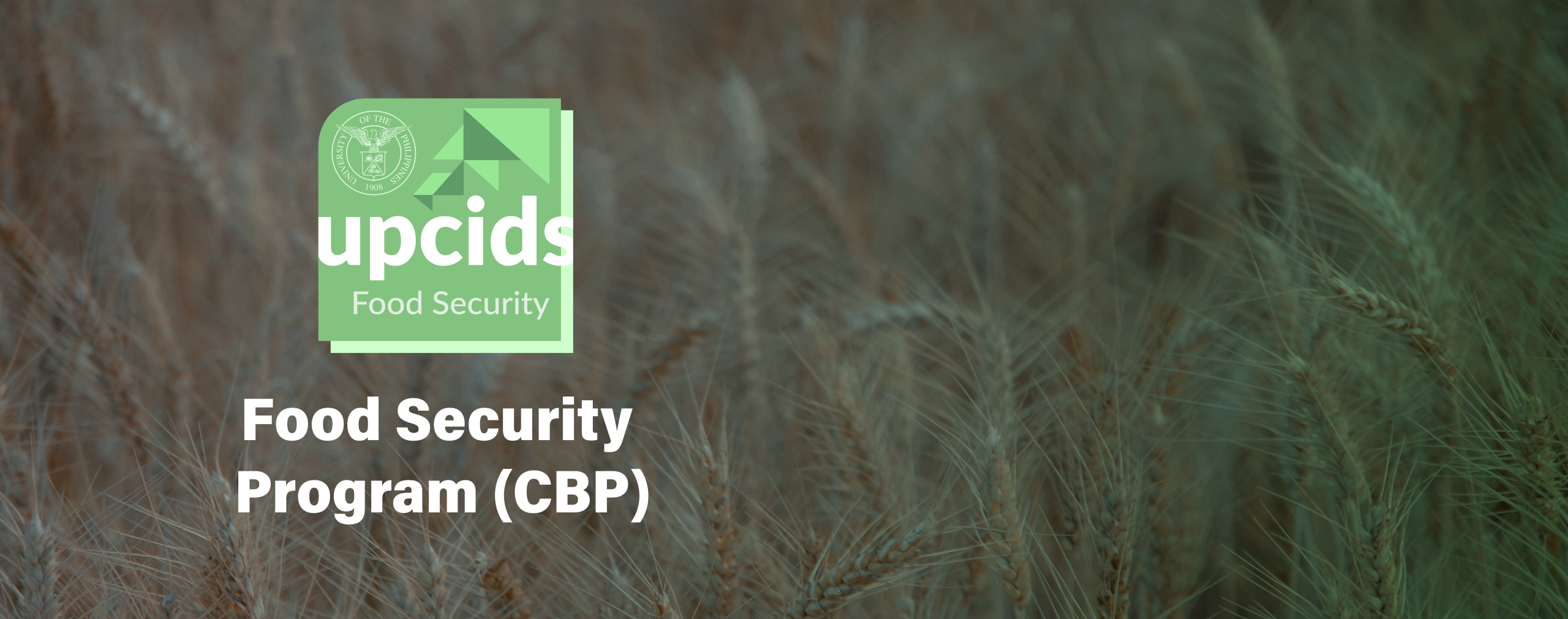This project focuses on policy coherence of Food and Nutrition Security along the Food Systems Framework in the Philippines. By policy coherence, it is defined by the OECD as ‘the systematic promotion of mutually reinforcing policy actions across government departments and agencies to create synergies towards achieving agreed objectives (https://www.oecd.org/governance/pcsd/). Policy coherence is reflected and emphasized in the Sustainable Development Goal (SDG) 17 for a more systemic approach in mobilizing different sectors and stakeholders towards achieving SDGs. Malnutrition requires an integrated action across sectors, in all dimensions of the food systems, and requires multi stakeholder and multisectoral approaches (FAO, 2013, p.2-3).
In 2019, the International Institute for Rural Reconstruction conducted a workshop to map out the Research and Development Agenda of Food Systems in the Philippines. One of the key findings is “There is research and current data on food and nutrition situations in the Philippines but the food system approach still needs to be integrated into the research agenda.” A number of research and reports highlighted the value of integrating food and nutrition to the food systems concept in order to address issues on equity, nutrition, and sustainability (Simmance et al., 2022; Jiménez et al., 2022; Amparo et al., 2017; Davila et al., 2018; FAO, 2013).
This policy research aims to examine the integration of food and nutrition security along the food system framework in selected areas of the Philippines. Specifically, it aims to: (1) analyse the Philippine national and local food and nutrition security policies along the food systems framework in terms of alignment of objectives, interventions and indicators used; and, (2) determine the views and perceptions of stakeholders in the interrelationships of food and nutrition security across the food system and their sectors’ roles in these intersections and integrations.
